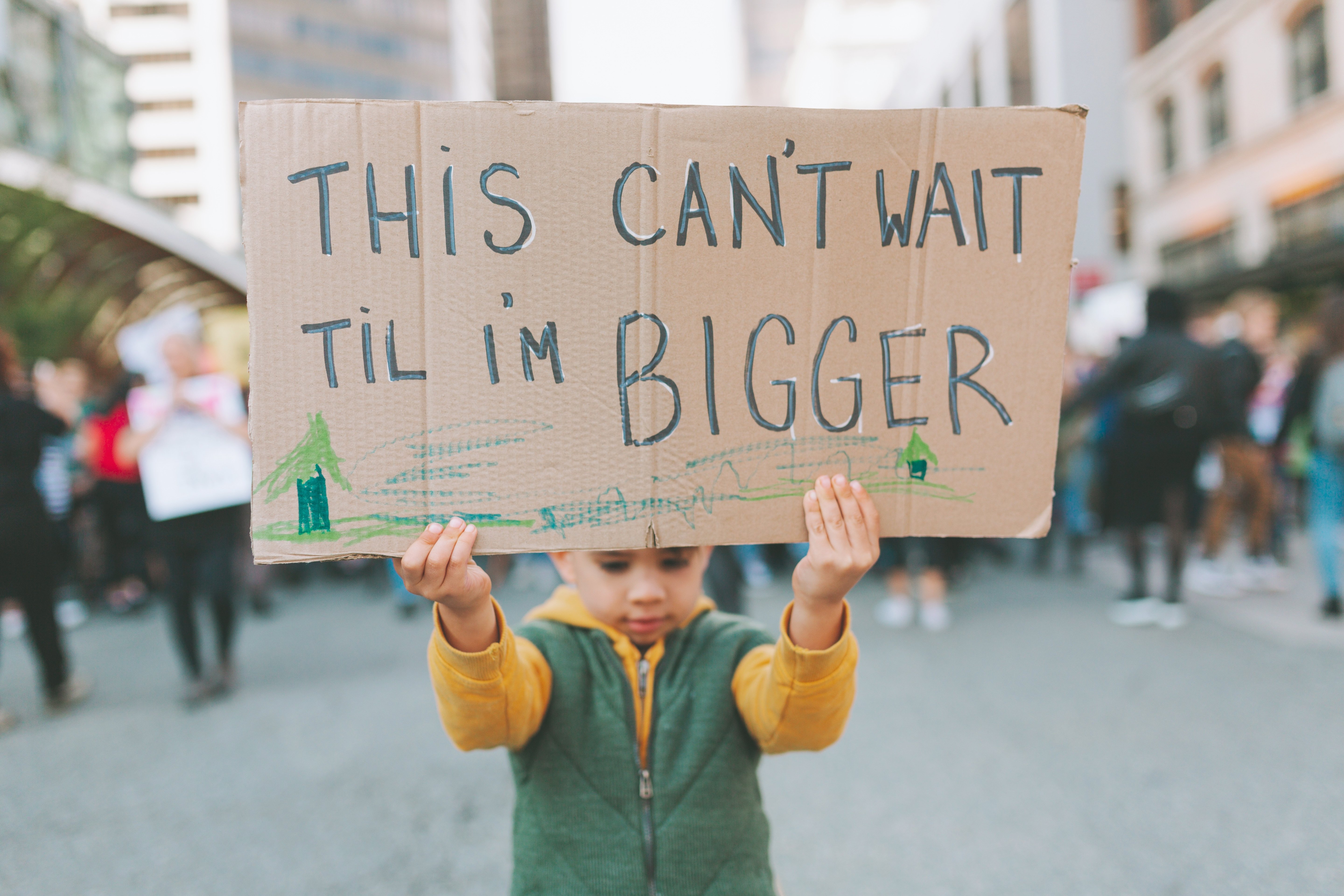Seniors fighting climate change: How you can make a real impact today
by Katie Wright | Apr 19, 2021 | seniors doing activism, social justice for seniors | 0 Comments

“Restore our earth,” declares the theme of Earth Day 2021.
At SeaCare, Earth Day (on April 22) is on our calendar of celebrations. We’re all about restoration – bridging the generation gap in our community and improving lives, particularly those of caregiver families. And that’s what Earth Day is about as well. As we bring generations together we improve lives and ultimately restore our earth.
Here’s to Earth Day. Let’s celebrate and get to work.
There’s urgency in this call to action. We’re on a restoration track because there are ecosystems – populations, oceans, rivers, forests, plant and animal species – that are worn, depleted, unfairly treated, and in some cases gone forever.
To restore means to bring back, give new life, and return to original condition. There’s somber news to digest – we have a crisis on our hands.
But there’s encouraging news – we can do something about it.
Fellow seniors, join me in preserving the health of our planet. As a group, we’re uniquely situated to help lead the way. Individually, there are ways we can make a real difference.
It’s easier than you imagine and you can start today.
Why should seniors care about earth restoration?
As seniors we’re living our third act, and restoring our earth will take more years than many of us have available. Why should we care? Because-
- our children’s and grandchildren’s futures are at stake, and
- taking action is invigorating, and that benefits our health right now.
A wise elder said this: “Man does not weave this web of life. He is merely a strand of it. Whatever he does to the web, he does to himself.” - Chief Seattle
We should care because we’ve already damaged our web. We can’t surrender and look the other way.
We should care because seniors have a special gift to share. Perspective. An entire lifetime of adapting to change, navigating the rough spots, and integrating the parts to see the big picture. We should care because we all want to leave a mark, big or small, to create a legacy for our families. There are many ways to do this. Modeling civic responsibility is one we can all do.
We should care because climate change harms some communities more than others. There is significant racial inequity in protection from environmental hazards. Pollution, COVID, and police brutality have a connection to environmental justice. Learn more about how the Environmental Justice Movement is working to reduce economic, social, and health disparities in impacted areas.
We should care because the more we know about the reality of climate change the more likely we are to make a difference that could literally save lives.
We should care because the more we do, the better we’ll feel about doing our part.
What can seniors do to restore the earth?
Former Vice President Al Gore said it best. “Use your voice, use your vote, use your choice.”
Each of us can become environmentally more literate by gaining knowledge, awareness, motivation, and skills for understanding the environment and gearing up to protect it.
Take a few minutes and test your environmental literacy, then read on for tips about how you can act.
Use your voice
Let’s face it, our cable news programs and digital news feeds can be pretty grim. There are times it feels as if life is happening TO us instead of FOR us.
There’s a way to remedy this. Talk with friends and family and then engage people at the heart of the action, your elected officials. Honor your obligation to protect your loved ones and keep your civic responsibility in mind. Let your voice be heard.
- Start by talking to your children and grandchildren. Find out what’s happening at school. The King County Green Schools Program offers some great resources for all ages, including surveys, ways to calculate plastic use, and special Earth Day activity suggestions.
- Watch a video with a climate change message.
- Create art projects with household items or things gathered from the yard.
- Read and discuss some of the wonderful children’s books that address environmental issues.
- Contact your elected officials. While a letter or email is effective, several lawmakers agree that a phone call can have a bigger impact. Know that your lawmaker wants to hear your personal story and how a particular legislative issue has impacted you. If you need some prompts or more information on who to call, check out the Elders Climate Action site.
Now is a crucial time to use your voice. President Biden is promoting the $2 trillion American Jobs Plan which includes at least $1 trillion for clean energy, clean water, and environmental justice concerns. Our own Washington State legislature is set to vote on a $17.8 billion climate and transportation bill this month. Tell them you’re all for it.
Use your vote
Make a point to monitor your elected officials. Have they supported legislation you agree with? Have they supplied you with the information you need to feel assured they’re acting in the interest of you and your community?
Are your elected officials prioritizing the restoration of the earth? If not, it may be time to vote them out.
National elections are important, but this is a good time to think locally. Who are the local elected officials that influence environmental decisions in your life?
- Mayor
- City Council
- School Board members (who should be told to make climate change education a regular part of classroom curriculum)
- Sheriff
- County Executive
- County Council
Your voice is loudest on a local level.
Most City Council, County Council, and School Board meetings are now virtual, which makes it relatively easy to tune in and learn about topics of interest. You can usually view agendas ahead of time.
Use your choice
Every day we make dozens of choices – what time to get up, what to wear, who to talk to, and how to spend our day. One choice we all make that seems simple but has great potential to restore our earth is an important one.
We choose what we eat.
Food – how it’s grown, processed, transported, stored, cooked, and disposed of – accounts for a huge carbon footprint. One step to help restore the earth is changing our food choices. This means thinking about what we eat, where we buy it, how much we buy, and how we cook it.
It’s something we can start doing today because even small steps count.
Here are a few ways to make a difference.
- Plan your meals ahead and buy quantities you can easily use or freeze. The benefit here is less waste and higher nutritional value, especially for fresh foods.
- Make more meals of foods that are in season and available locally. This isn’t always easy because it means controlling your craving for mid-winter tomatoes grown in tropical climates. While cold weather months can be a cooking challenge, there’s plenty of good produce for stews and soups. Check out this seasonal guide.
- Support local farmers by shopping at seasonal farmers’ markets or subscribing to a CSA (Community Supported Agriculture). These options are beneficial to 3 parties: farmers, who can be more productive; consumers, who receive fresh, high-quality food; and the environment, because packaging, processing, and transportation are all kept to a minimum. Note: pre-ordering and COVID-safe pickup options are available at King County farmers’ markets, which also participate in SNAP (Supplemental Nutrition Assistance Program) and honor EBT and EFT (electronic benefits/funds) payments.
- Learn about upcycled food, which is a way to use food that might otherwise have gone to waste. Food waste from all sources amounts to about a billion tons annually. That means up to 40% of our food supply goes to waste.
- If you’re a meat-eater, try swapping a meal or two each week for vegetarian fare. A vegetarian diet is more environmentally sustainable and can benefit your health as well.
- Test your “foodprint” (everything that goes into bringing food to your table) with this calculator.
Here are some other ways to make choices that align with earth restoration.
- Pay attention to what your favorite brands, labels, and retailers are saying. Visit their websites, and if they’re taking any steps to address their carbon footprint, you’ll find information about it in their pitch to keep you as a customer. Read about their production, packaging, and shipping practices. Opt for goods in minimal, non-plastic packaging if possible, and avoid buying items shipped from overseas.
- Go green with your finances. Consider sustainable investing options that employ screens to monitor environmentally friendly practices. Read more here.
- Give extra thought to your own consumer practices. Do you instantly replace damaged items that could be repaired? Do you purchase imported goods that you either don’t need or that could be found locally? Do you throw away household goods and clothing that could be reused or recycled? My Grandma Alma, who raised 5 children starting in 1912, was fond of this popular Depression-era slogan: use it up, wear it out, make it do, or do without.
Will we see change in our lifetime?
There’s hope.
In 2021 we’re celebrating 51 years of Earth Day as the world’s largest environmental movement. Over a billion people and 190 countries participate in Earth Day events every year.
Under President Biden, the U.S. has rejoined the rest of the world in the Paris Climate Agreement, which strengthens our country’s commitment to cut climate pollution.
The American Jobs Plan, if implemented, will go a long way toward providing environmental justice across the country. Clean drinking water, the decommissioning of oil and gas wells and abandoned mines, job creation, and strengthened labor priorities to address wage standards and workplace discrimination are just a few of the plan’s features.
More examples of green technology are rapidly emerging, and funding research has never been more crucial. Microsoft co-founder Bill Gates believes “…in science, miracles are happening all the time.”
Give yourself extra credit if you’ve read this far. That’s a clear signal you care about the difference you and your family can make. Increasing your environmental literacy means you’re on board with restoring our earth.
Want to learn more? Visit Earth Day 2021 | Restore Our Earth™ | EARTHDAY.ORG
Your friends at SeaCare are always on hand to answer your questions about providing the excellent care your aging loved ones deserve. Our earth deserves excellent care, too.
Katie Wright writes about aging and senior wellness from Bellingham, WA. You can read more about her here.
If you or a loved one you know are looking for additional support during this time and are interested in scheduling a free in-home assessment, please contact SeaCare In-Home Care Services today! A SeaCare family member is standing by. 425-559-4339.



0 Comments